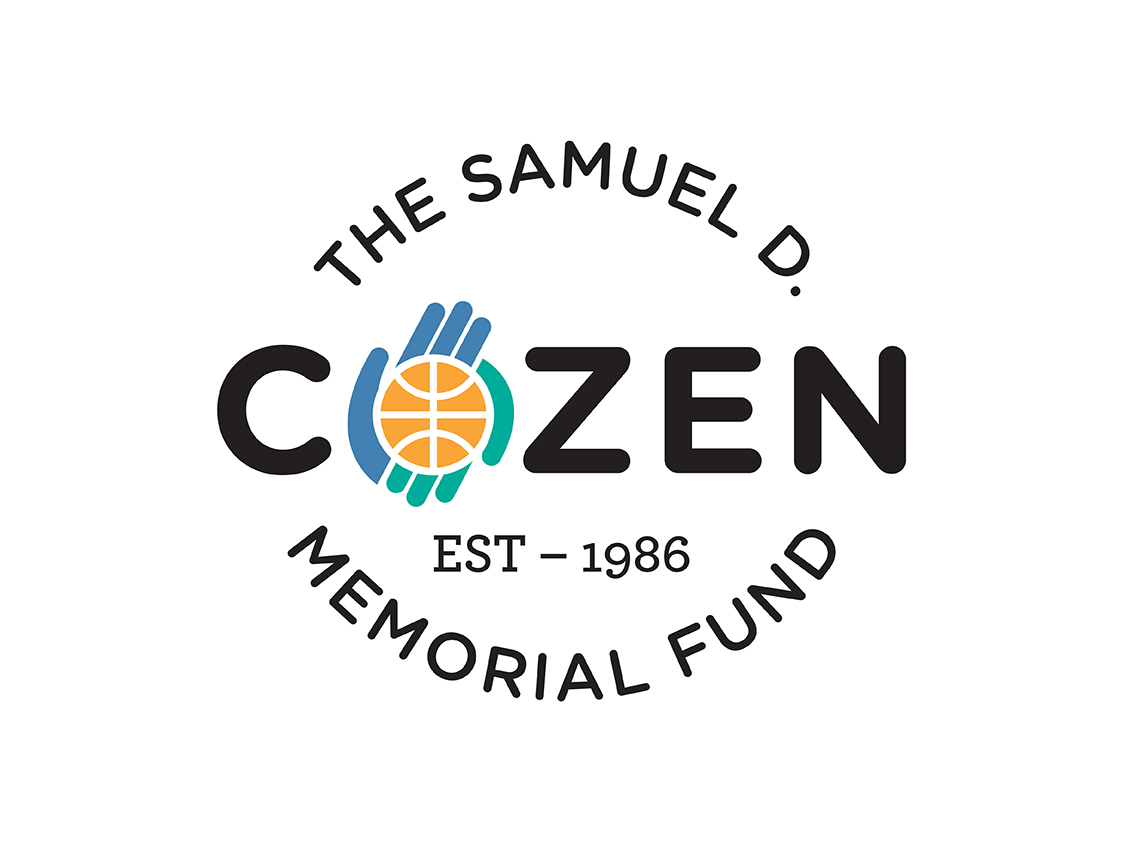
Samuel D. Cozen Memorial Fund
Published:
Twenty-five years ago, the world watched as the small African country of Rwanda descended into genocidal violence. Over the course of just a few months, forces in the government, media, military and general population attacked members of the country’s Tutsi minority, killing more than 800,000 of them in an organized campaign of genocide. In the years since, as the country has rebuilt and invested in a process of investigation, justice and reconciliation, the voices of survivors have become central. In the past five years, with the generous support of Institute Board of Councilors Chair Steve Cozen and the Samuel D. Cozen Memorial Fund, USC Shoah Foundation has worked to collect, preserve and elevate the testimonies of some of these survivors. In his more than 20 years of involvement in the life of the Institute and membership on the Board of Councilors, Cozen has supported a wide array of Institute initiatives, including the Visual History Archive and Teaching Through Testimony. His support of the Institute’s efforts in Rwanda began in 2012 with a gift that enabled the creation of the first batch of Rwanda-focused educational activities in IWitness and the first professional development activities for teachers in Rwanda. Since then, the Institute has created programming that has reached more than 5,000 Rwandan students and hundreds of teachers, published 25 activities with a full or partial focus on the 1994 Genocide Against the Tutsi in Rwanda and helped the Rwandan Ministry of Education institutionalize a peace education curriculum based on student engagement with testimony. With funding from the Samuel D. Cozen Memorial Fund, established by Steve Cozen in memory of his father, the Institute has been able to build a Peace Education Lab in Rwanda – essentially a digitally connected classroom located on the site of the Kigali Genocide Memorial. The Institute, in collaboration with partners at Aegis Trust and other organizations, has put together a network of educators with expertise in testimony-based education. These teachers work to train other teachers, amplifying the impact of the Institute’s professional development workshops. As the world marks the 25th anniversary of the Genocide Against the Tutsi in Rwanda, these efforts are bearing fruit, as a generation of Rwandan young people who have spent their educational careers listening to and reflecting on the experiences of genocide survivors reaches maturity in a country that has dedicated its educational system to countering sectarian hatred before it manifests into violence.